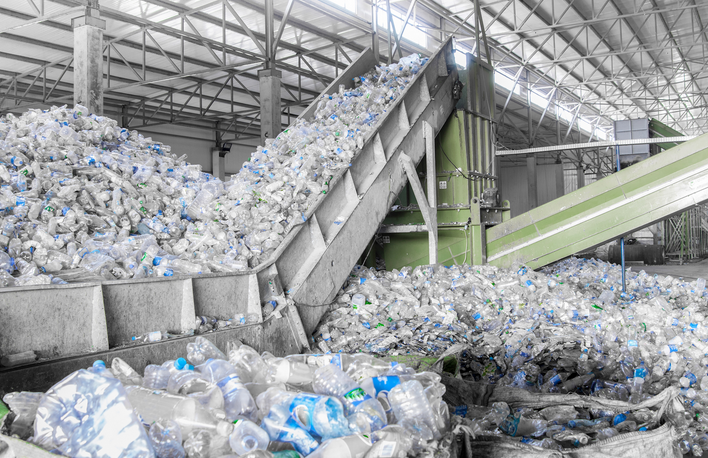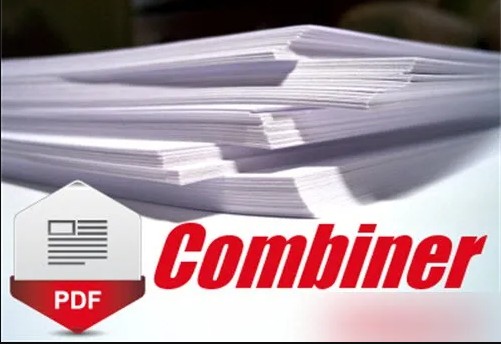Plastic recycling is really a critical part of sustainability, seeking to lessen spend and minimize ecological influence. Here’s all you need to understand about plastics recycling.
Trying to recycle Process:
Recycling plastics involves many phases. Very first, gathered plastics are categorized according to their resin sort. Then, they’re washed to get rid of impurities like food remains and labeling. Following cleansing, the plastic materials are shredded into little flakes or pellets. These materials may then be dissolved and shaped into new releases.
Kinds of Re-cycled Plastics:
PET (Polyethylene Terephthalate): Popular in drink containers, Animal can be reused into fibres for clothes, carpets, and in many cases new containers.
HDPE (Substantial-Density Polyethylene): Located in dairy jugs, soap bottles, and a lot more, HDPE is reused into plastic-type material lumber, pipes, and storage containers.
Pvc material (Polyvinyl Chloride): Employed in plumbing, packing, and development materials, Pvc material could be recycled into floors, wires, and packaging.
LDPE (Low-Density Polyethylene): Seen in plastic material bags and films, LDPE is re-cycled into rubbish can liners, shipping envelopes, and outdoor furniture.
PP (Polypropylene): Utilized in package caps, fat free yogurt containers, and straws, PP may be recycled into electric battery situations, sign lights, and brooms.
Playstation (Polystyrene): Located in foam packing and throw-away eating utensils, Playstation is re-cycled into heat retaining material, gentle move plates, and rulers.
Advantages of Recycling Plastics:
Preservation of Resources: Trying to recycle plastics decreases the necessity for natural components, conserving all-natural resources like essential oil and fuel.
Electricity Price savings: Trying to recycle utilizes less electricity when compared with producing new plastics, leading to reduced co2 emissions.
Squander Reduction: By diverting plastics from trash dumps and incinerators, trying to recycle helps in reducing environment toxins.
Monetary Options: Recycling creates careers in series, sorting, digesting, and production, contributing to economical growth.
Environment Defense: Recycling plastic materials will help safeguard wildlife and ecosystems by reduction of plastic-type material pollution in oceans, estuaries and rivers, and forests.
Problems and Alternatives:
Even with its positive aspects, plastic recycling confronts challenges like toxic contamination, minimal infrastructure, and very low market place need for reused resources. To manage these problems, initiatives working on schooling, development in trying to recycle technology, and insurance policies promoting circular economic system guidelines are essential.
To summarize, trying to recycle plastic materials is critical for any lasting upcoming. By comprehending the trying to recycle process, forms of reprocessed plastics, advantages, and challenges, individuals and communities can play a role in a cleanser and healthier surroundings.



